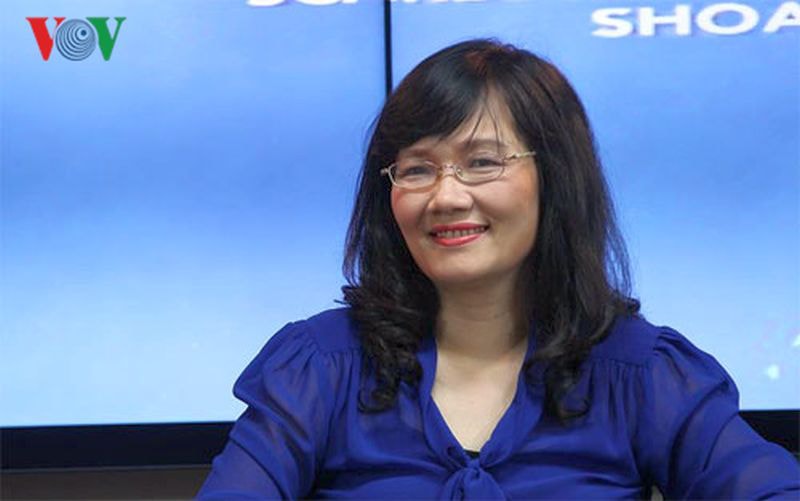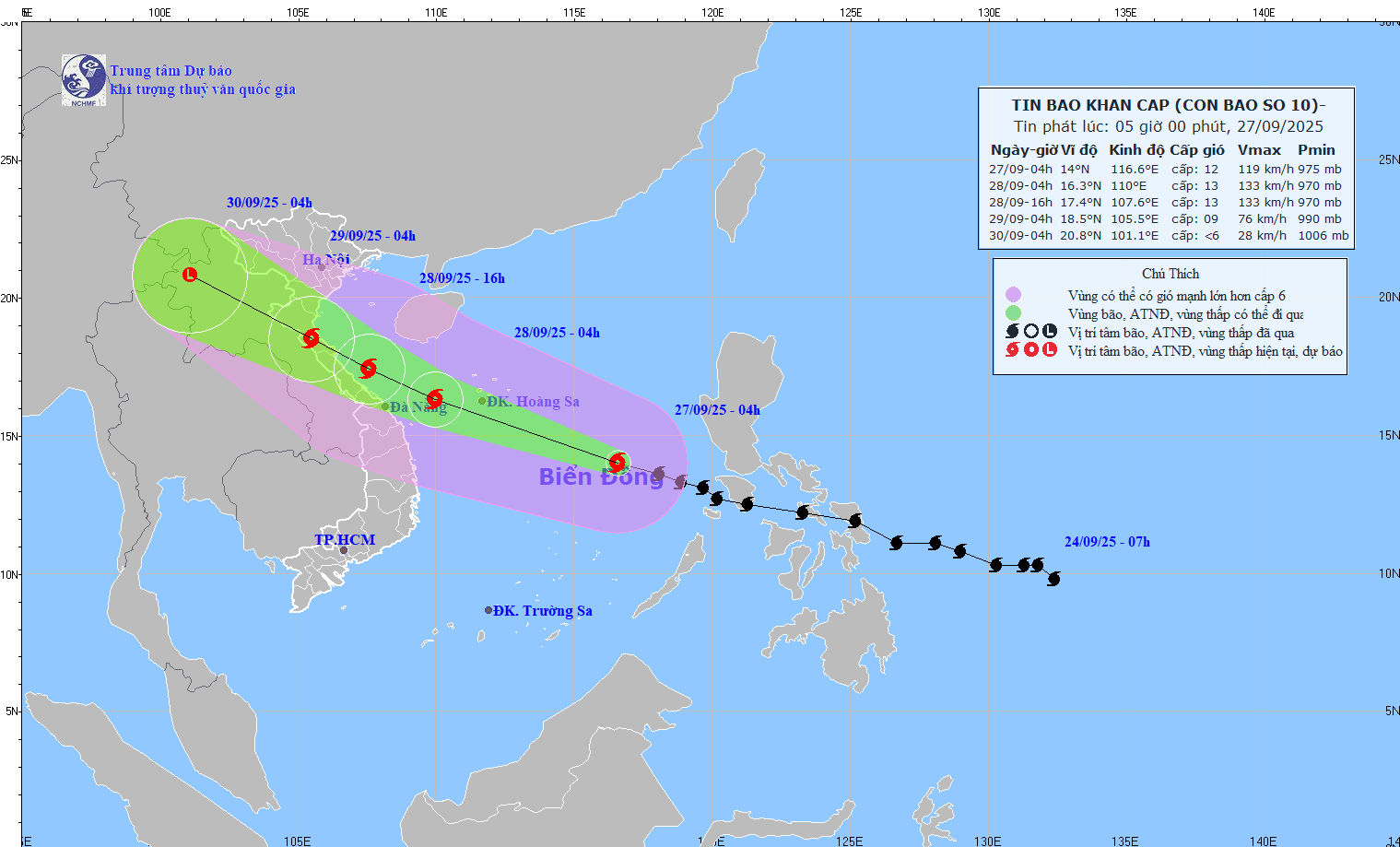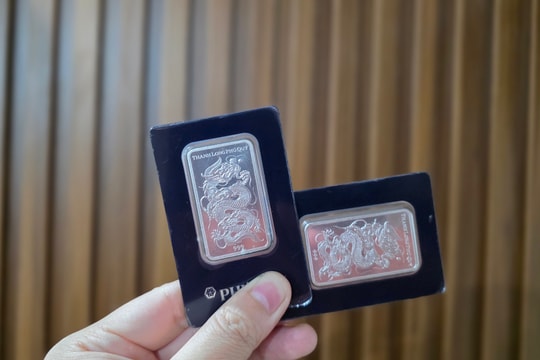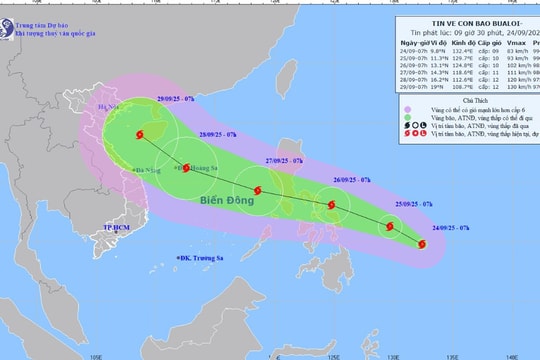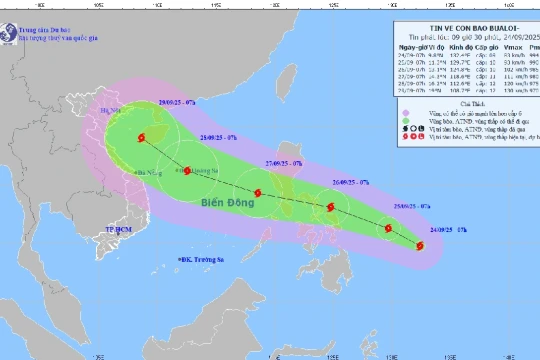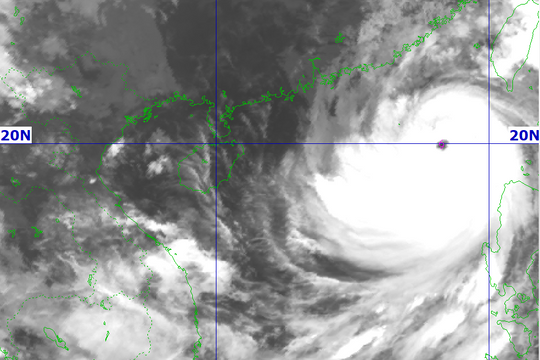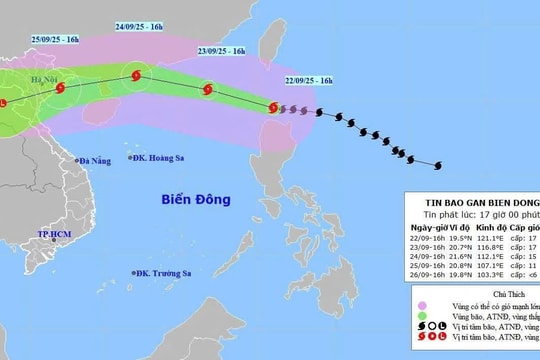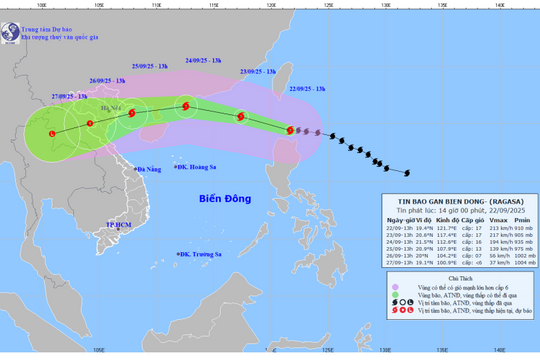Vietnam is determined to protect its legitimate sovereignty in the East Sea.
Dr. Pham Lan Dung - General Secretary of the Vietnam Society of International Law said that Vietnam is taking cautious but serious and resolute steps in accordance with international law to protect its legitimate sovereignty in the East Sea.
In recent days, the Chinese survey ship Haiyang 8 has violated Vietnam's exclusive economic zone and continental shelf for the second time in the southern part of the East Sea. This is a completely Vietnamese sea area, determined in accordance with the provisions of the 1982 United Nations Convention on the Law of the Sea (UNCLOS), of which Vietnam and China are both members. Public opinion is concerned that China's violations in the East Sea have eroded trust, increased tension, and led to the risk of loss of security, safety, and freedom of navigation and aviation.
|
| Dr. Pham Lan Dung, Secretary General of the Vietnam Society of International Law. |
Reporter interviewed Dr. Pham Lan Dung, Secretary General of the Vietnam Society of International Law, about China's violations and Vietnam's diplomatic efforts to protect Vietnam's sovereignty and sovereign rights in the East Sea.
PV:Could you please analyze clearly what is the legal basis to show that the southern East Sea, the area where China is violating, belongs to Vietnam's sovereignty?
Dr. Pham Lan Dung:The spokesperson of the Vietnamese Ministry of Foreign Affairs has stated that the waters in the southern part of the East Sea of Vietnam that the Chinese Haiyang 08 group violated are waters that are completely under Vietnam's sovereignty. The location of the violation is no more than 200 nautical miles from the Vietnamese coast, which means it is completely within the exclusive economic zone and continental shelf of Vietnam.
Meanwhile, China has no legal basis to claim this sea area. Because that location is nearly 500 nautical miles from China's Hainan Island, not within any scope allowed by UNCLOS and international law.
According to the ruling of the Arbitral Tribunal in the Philippines-China case, no entity in the Spratly Islands can have a maritime zone exceeding 12 nautical miles. China's illegal occupation of the Spratly Islands cannot provide any basis for China to claim maritime zones in the South China Sea where violations occur. Moreover, the Spratly Islands are not an archipelagic state, so there cannot be archipelagic baselines there.
Finally, China’s claim of sovereignty over some reefs in the South China Sea has absolutely no legal basis, because according to UNCLOS, these reefs are located in the exclusive economic zone and continental shelf of which country, so they will belong to the sovereignty of that country. Therefore, Vietnam has sovereignty over its exclusive economic zone and continental shelf.
|
| The DK1 platform area, including Tu Chinh Bank, is located within the 200 nautical mile exclusive economic zone from Vietnam's baseline. |
PV:Recently, many countries in the region and around the world have expressed concern over reports of China’s continuous violations of Vietnam’s exclusive economic zone and continental shelf in the southern part of the East Sea. What is your opinion on the international community’s reaction?
Dr. Pham Lan Dung:The world's countries speaking out against a country's violation of international law is one of the measures that countries often take, from the perspective of international politics. Vietnam, like any country in this situation, wants countries to speak up to defend justice. The more countries have a stronger voice to condemn China's violations and protect Vietnam's interests, the better.
From the perspective of international law, the voice of progressive public opinion in the world is also one of the measures to ensure law enforcement and it is also a measure to influence the behavior of countries.
Here we see that China's violation of the sea area is completely within Vietnam's exclusive economic zone and continental shelf and is not a disputed sea area. That is also one of the reasons for the legal basis for countries to have more grounds to speak up to defend justice.
The general principle of countries in the world is not to intervene in disputes over territorial sovereignty, which are disputes in which countries have no interests and no claims. However, with disputes and incidents that affect their interests such as freedom of navigation, the East Sea is an area where there are very important international shipping routes, all countries have voiced their objections and have grounds to condemn and request the cessation of violations.
PV:Faced with China's plots, tricks and aggressive actions aimed at monopolizing the East Sea, what can Vietnam do to protect Vietnam's sovereignty and sovereign rights in the East Sea?
Dr. Pham Lan Dung:Vietnam is a member state of UNCLOS and Vietnam’s policy is to persevere and use peaceful measures to resolve disputes. On the ground, we must use resolute but also restrained measures to comply with the law, ensuring compliance with the provisions of UNCLOS, international law and Vietnamese law.
In terms of diplomacy, we see that the spokesperson of the Vietnamese Ministry of Foreign Affairs has clearly stated that Vietnam has made continuous efforts to exchange views with China at many different levels. Currently, Vietnam has been very persistent in making efforts to implement measures to negotiate and exchange views with the Chinese side. This is also one of the first conditions that countries need to do before wanting to bring the case to the judicial authorities for settlement.
The steps we have taken are in line with international law and are a very careful and serious preparation to ensure that diplomatic measures are as effective as possible. Even if diplomatic measures are no longer effective, it is a way to pave the way for the possibility of taking legal measures if necessary.

